In today’s digital landscape, a strong online presence is paramount for any business looking to thrive. A well-designed website is your virtual storefront, your first impression on potential customers, and a powerful tool for driving growth. But with countless web design companies vying for your attention, how do you find the right partner to bring your vision to life?
What you will learn

1. Define Your Needs and Goals:
Before embarking on your search, take the time to clearly define your needs and goals for your website.
Consider:
- Purpose: What is the primary purpose of your website? Is it to showcase your products or services, provide information, generate leads, or drive sales?
- Target Audience: Who are you trying to reach with your website? Understanding your target audience’s demographics, interests, and online behavior will inform design choices.
- Budget: Establish a realistic budget for your web design project. Be mindful of the scope of your project and the level of expertise required.
- Timeline: Set a reasonable timeline for the project, taking into account the complexity of the design and development process.
2. Research and Shortlist Potential Companies:
Once you have a clear understanding of your needs, start researching potential web design companies.
Here’s where to begin:
- Online Directories: Websites like Clutch, GoodFirms, and DesignRush provide reviews, ratings, and portfolios of web design companies.
- Industry Associations: Look for web design companies listed with industry associations like the American Marketing Association or the Webby Awards.
- Referrals: Ask your network for recommendations from businesses that have recently undergone web design projects.
- Social Media: Follow web design companies on platforms like LinkedIn, Twitter, and Instagram to get a sense of their work and expertise.
3. Evaluate Company Portfolios and Case Studies:
Once you’ve compiled a shortlist of potential companies, meticulously review their portfolios and case studies.
Look for:
- Style and Aesthetics: Do their designs align with your brand identity and target audience? Do they showcase a range of styles and approaches?
- Functionality and User Experience: Are their websites user-friendly and intuitive? Do they prioritize accessibility and mobile responsiveness?
- Technical Expertise: Do they have experience with the technologies and platforms you require (e.g., e-commerce, content management systems, etc.)?
- Client Testimonials: Read client testimonials to gauge their satisfaction with the company’s services and communication.
4. Assess Communication and Collaboration:
Effective communication and collaboration are crucial for a successful web design project.
Schedule initial consultations with shortlisted companies to assess:
- Responsiveness: How quickly do they respond to your inquiries? Are they proactive in communication?
- Understanding: Do they actively listen to your needs and goals? Do they ask insightful questions to gain a deeper understanding of your vision?
- Collaboration: Do they encourage your input and feedback throughout the design process? Are they open to your ideas and suggestions?
5. Inquire About Pricing and Contracts:
Before making your final decision, discuss pricing and contract terms with each company.
Ensure:
- Transparency: Are their pricing models clear and transparent? Do they provide detailed breakdowns of costs?
- Project Scope: Is the scope of the project clearly defined in the contract? Are there any additional costs or hidden fees?
- Payment Terms: Are the payment terms reasonable and aligned with your budget?
- Ownership: Who owns the website’s design and code? Are you granted full rights to the intellectual property?
6. Consider Additional Factors:
Beyond the basics, consider these additional factors when making your decision:
- Experience: How long has the company been in business? Do they have a proven track record of success?
- Team Size and Structure: Do they have a dedicated team of designers, developers, and project managers?
- Location: While location is less relevant in the digital age, consider the company’s proximity if you prefer in-person meetings or collaboration.
- Customer Support: What kind of customer support do they offer? Do they provide ongoing maintenance and updates?
7. Trust Your Instincts:
Ultimately, choosing the right web design company comes down to trust and gut feeling. Go with the company that you feel most comfortable working with, who understands your vision, and who you believe can deliver a website that exceeds your expectations.
Conclusion:
Finding the perfect web design company is an investment in your online success. By carefully defining your needs, conducting thorough research, and evaluating companies based on their expertise, communication, and pricing, you can find a partner who will help you build a website that reflects your brand, engages your audience, and drives your business forward.

